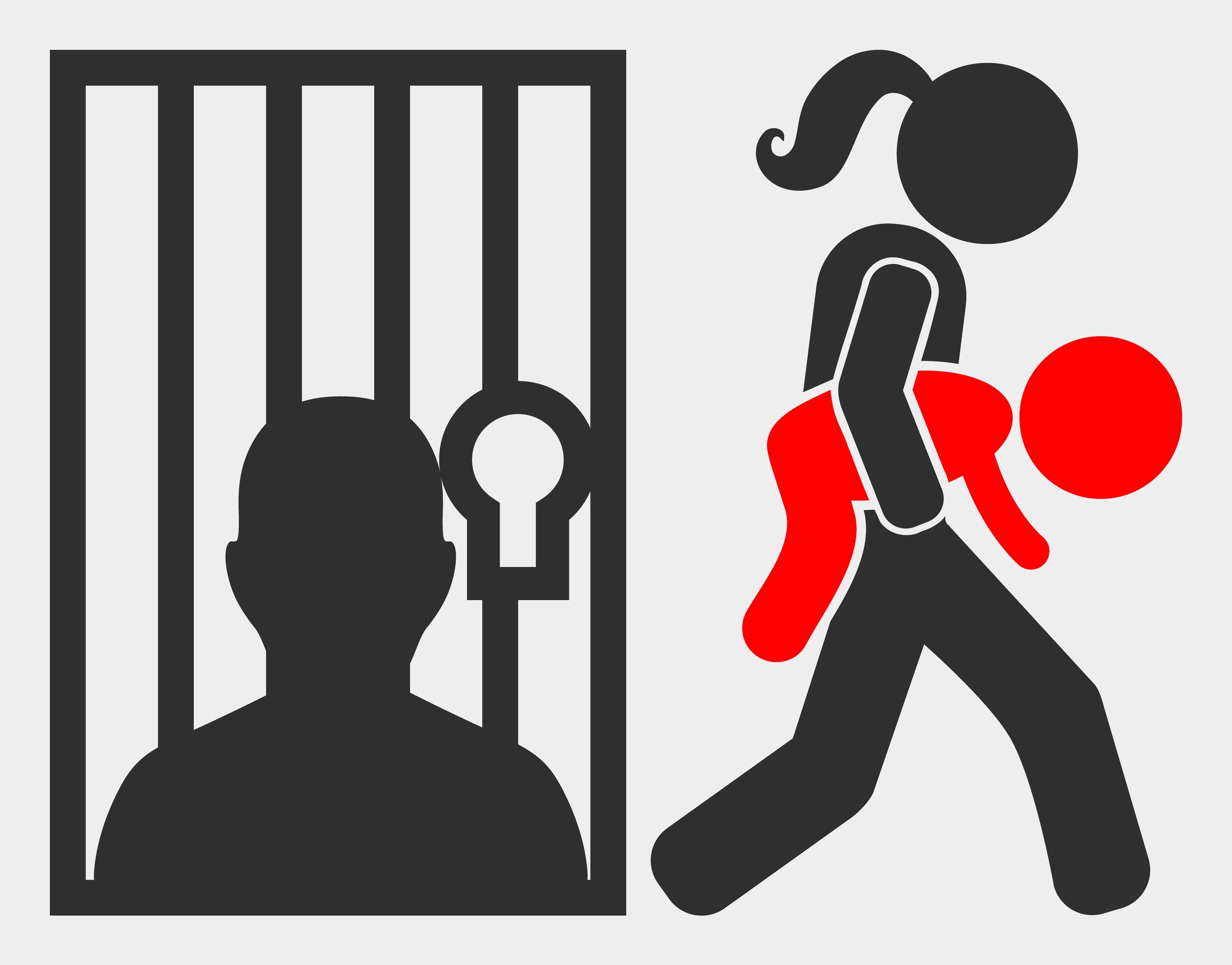Some days can leave you in a horrid mood, and you could easily end up doing something you’ll regret. Even if you didn’t mean to – or if your child catches you at a bad time – that’s still no excuse. We’ve scrounged up some crucial info to prevent that from ever happening again.
Hitting your child is bad for a lot of reasons. You’ll set a bad example, risk seriously injuring them, or even losing custody altogether. Handling these impulses needs to start with you acknowledging your mistakes, then figuring out ways to displace or channel them into a less destructive manner. Stick to communication and conversation for actual disciplinary efforts.
We all know that hitting children is bad, but the extent of those consequences isn’t something most people are fully clear on. Losing your patience can lead to much more than just one bad day.
The Extent Of Potential Consequences For Hitting Them

First off, you can legally lose your child this way. Abuse is abuse, and Child Protective Services could come knocking on your door. For them, removal is the chief course of action – this often comes without meeting the displaced child’s needs and risks further traumatizing them.
On top of that, this course of action teaches them people will listen to violence. You nudge them towards a “might makes right” mindset, and they’ll gladly replicate your example with people more vulnerable than them. It perpetuates a vicious cycle the world is better off without.
Corporal punishment has not only been proven to be actively detrimental for their development but also makes for a very slippery slope. Even something as light as a slap on the wrist won’t do much to improve them – they’ll likely remember the punishment, but not the lesson.
There’s some leeway for certain punishments, though it’s something you need to be careful about. Spanking has its pros and cons as a disciplinary measure, but it’s a niche solution that may not work for every family. Consider your own context carefully before using this method, as there might be more appropriate alternatives to help discipline you children.
Another danger here is that it’s dangerously cathartic – you could end up seeking new ways to justify this brand of discipline, inevitably harming both your child’s emotional health and development.
Corporal punishment also possesses a significant risk of injuring your child. Even if you control your strength, it’s unlikely that you can fully account for the disparity of stature between you and your child. A strike could badly harm them, and the risk of this increases when this action is done in an agitated or compromised state of mind. While this is bad for all children, infants and toddlers are especially vulnerable due to their extreme fragility.
How To Handle Those Impulses
No one actively seeks to enable those impulses, but many people struggle to deal with them. It can be easy to let frustrations boil over, but you need to be better than that – for the sake of your child.
Leave For a Bit If Your Control Is In Question
If you find yourself in a precarious emotional state and know you run that risk of hitting your child, distance yourself from the situation. Find a quiet, isolated room to purge the stress from your system.
You can lay down and rest, or play some music to unwind a bit. Some people also find meditation useful for this and might be worth considering as a means of anger management. Drink some water, or have a meal to break up the budding tension.
Sublimation (Put That Energy Into Other Activities)
Sublimation is a defense mechanism in Psychology that channels maladaptive impulses into more constructive endeavors and makes for a very mature, constructive course of action.
If you feel the urge to yell or hit someone when angry, you can look for hobbies that let you direct those impulses towards a more appropriate environment. Boxing and sparring are two very solid options here, and these also have the bonus of keeping you fit and healthy.
Seek Professional Help

Sometimes, these impulses can get too difficult to surmount on your own. That’s nothing to be ashamed of, but you do need to follow through on this. Therapists are equipped to handle anger management concerns and can tailor a more specific plan to provide exactly what you need.
What To Do Afterwards
The prior guidelines help handle those impulses in the long run, but you need to address the mistake you’ve already made. Improvement takes self-awareness and this portion of vital for progress.
Take Responsibility
As tempting as it is to let it slide and just improve from that point on, your child does deserve an explanation at a bare minimum. Striking your child is still a horrible thing to have done, and you need to be openly communicative not only to make amends but ensure they learn from your error.
Talk to them gently. Explain what it is you did wrong, and why you shouldn’t do that again. They might not be receptive to your efforts at first, so give them some time if they need it.
Under no circumstances should you include justifications about why you hurt them. Hurting your children is unacceptable regardless of what they did, and taking responsibility requires you to acknowledge the mistakes you made as your own.
There should be no talk of “You made me do it” or “I did what was best for you” – that’s a very slippery slope towards the language of abusers.
You’re here to apologize for your actions and ensure they won’t happen again, not to justify them. Leave your pride at the door and just communicate with your dear child.
Ask Them How They Felt When You Did That
It’s very easy to do certain actions because you don’t grasp the full extent of consequences behind them. We’ve already gone over the general ones to expect, but each child will respond to this in very different ways.
Make sure you learn about how they felt when you hurt them. It will be painful to hear, but that’s the point – you need to understand what your child felt so you’ll always think twice about acting this way, even when you’re enraged.
Effective Ways To Discipline Them

Just set ground rules, and communicate any mistakes they do in a clear way. Children are much smarter than we give them credit for, and usually learn when spoken to respectfully. You can even involve them in the process of deciding appropriate consequences for their mistakes – this also helps give them an idea of what to expect with certain actions and makes for a fair arrangement.
In general, be gentle but firm. Get your point across with words, and make sure you treat them with the respect and dignity they deserve. Praise good behavior and tell them off for bad behavior, but don’t ever lay a hand on them again. Violence is never the answer, and certainly not a lesson you want to impart on your impressionable child.
Final Thoughts
Hitting your child is a bad action, but it doesn’t make you an irredeemable parent. Use the guilt you feel as a harsh incentive to improve yourself – both as a person and as a parent. Acknowledge that you’ve done wrong and that you never want to do this again. Curbing your impulses can be challenging for some people, but your child is well worth the effort to improve. Turn your mistake around and you’ll be able to retain a good relationship with your little one.

